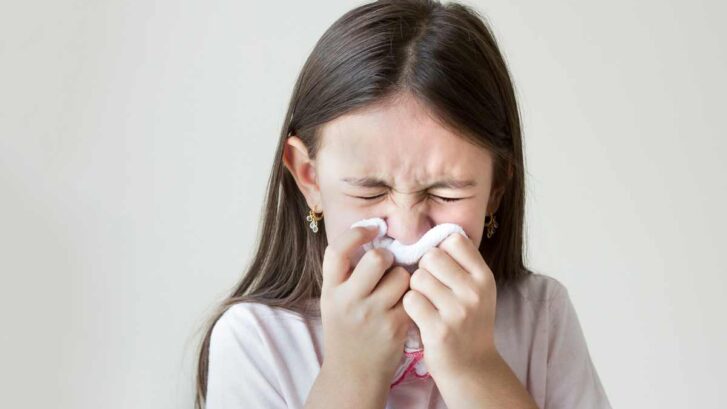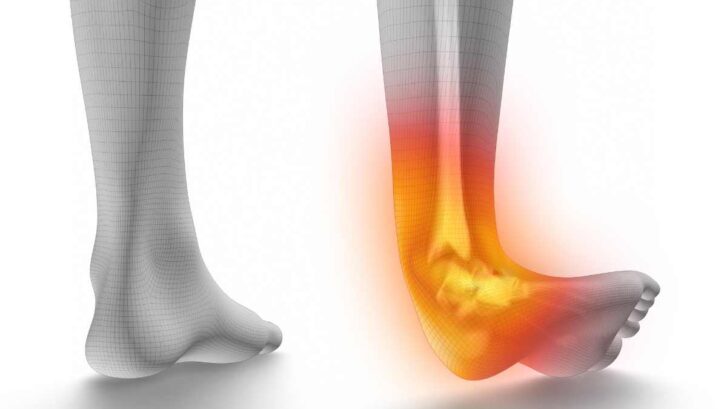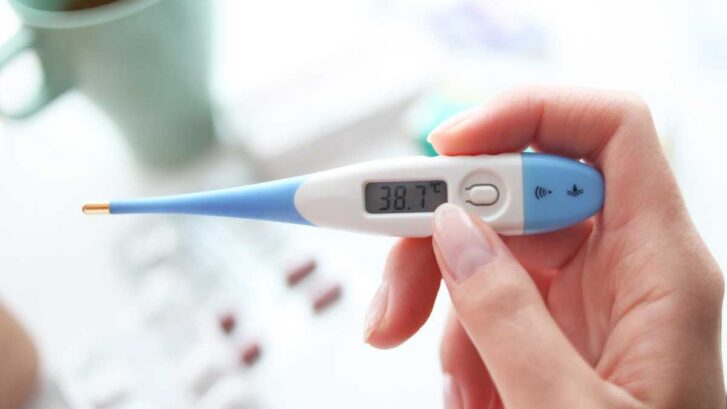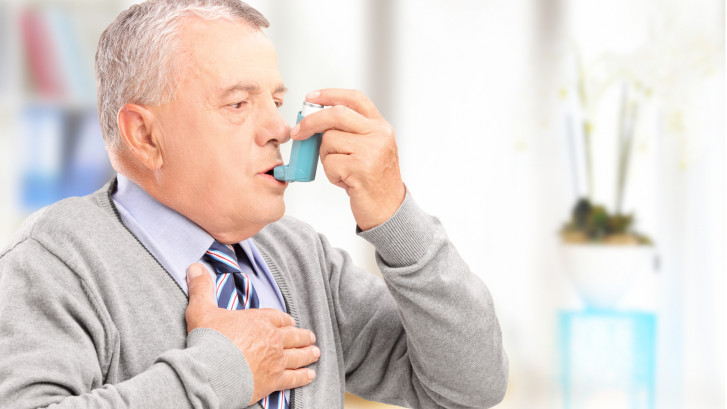Stay Safe from COVID-19, Flu, and RSV with these 8 Health Tips
In recent years, the world has faced significant health challenges, with COVID-19, seasonal flu, and RSV taking center stage. Each virus presents its unique threats, and understanding how to protect yourself and your loved ones is crucial.

In this comprehensive guide, we will explore effective strategies to shield yourself from COVID-19, the flu, and RSV.
What are COVID-19, Flu, and RSV?
The coronavirus disease, flu, and respiratory syncytial virus are all types of contagious respiratory infections caused by different viruses.
COVID-19 is a respiratory illness caused by the coronavirus, SARS-CoV-2. The flu, or influenza, is a seasonal viral infection, while RSV primarily affects young children, older adults, and individuals with weakened immune systems.
| COVID-19 | FLU (Influenza) | RSV (Respiratory syncytial virus) | |
| Causative agent | SARS-CoV-2 VIRUS | Influenza virus | Respiratory syncytial virus |
| Onset of symptoms | Gradual; 2-14 days after exposure | Sudden; 1-4 days after exposure | Symptoms develop within a few days |
| Main symptoms | Fever, cough, shortness of breath, sore throat | Fever, cough, sore throat, fatigue, runny nose | Fever, cough, wheezing, runny nose, rapid breathing |
| Transmission | Inhalation of respiratory droplets | Inhalation of respiratory droplets | Inhalation of respiratory droplets |
| Seasonality | Can spread year-round | Seasonal outbreaks during fall and winter | Seasonal; peaking in late fall and winter |
| Complications | Pneumonia, organ damage, blood clots, acute respiratory distress syndrome | Pneumonia, sinus, and ear infections | Pneumonia, bronchiolitis, croup, breathing difficulties |
| At-risk populations | Elderly and immunocompromised individuals | Young children, elderly, and immunocompromised individuals | Infants, young children, elderly, and immunocompromised individuals. |
How do these viruses spread?
COVID-19, the flu (influenza), and the respiratory syncytial virus all spread through respiratory droplets when an infected person talks, coughs, sneezes or breathes. Their primary mode of transmission of these viruses is through the inhalation of infected droplets.
In certain situations, you may also contract any of these viruses by touching contaminated surfaces and then touching one’s eyes, nose, or mouth.
Furthermore, COVID-19, the flu, and RSV may also spread through airborne transmission (contact with smaller respiratory droplets), especially in poorly ventilated spaces.
How can you protect yourself from COVID-19, Flu, and RSV?
To protect yourself from COVID-19, the flu, and RSV, it’s essential to follow a combination of preventive measures. Here are some effective strategies to shield yourself from these respiratory viruses:
- Vaccinations
Get vaccinated with authorized COVID-19 vaccines and annual flu shots to protect yourself and reduce the spread of these respiratory illnesses.
You should also keep up with booster shots if recommended. While there is currently no approved RSV vaccine, follow guidelines for high-risk populations.
- Practice good hygiene
Proper hygiene is one of the most critical and primary defenses against many contagious respiratory conditions. Here are some practices you can incorporate into your daily routine:
- Wash your hands frequently with soap and water for at least 20 seconds, especially after being in public places and before eating.
- Use hand sanitizer with at least 60% alcohol when soap and water are not available.
- Avoid touching your face, especially your eyes, nose, and mouth.
- Cover your mouth and nose with a tissue or elbow when you cough or sneeze.
- Dispose of used tissues in a lined trash can and wash your hands immediately.
- Regularly clean and disinfect commonly touched surfaces and objects, such as doorknobs, light switches, countertops, and your smartphone.
- Avoid sharing personal items like utensils, glasses, and towels.
- Wearing masks
Follow local guidelines regarding mask-wearing, especially in indoor and crowded settings. Masks can help reduce the spread of respiratory droplets, which are a common mode of transmission for these viruses.
- Following public health guidelines
Health guidelines aim to reduce the spread of these respiratory viruses and keep individuals and communities safe.

It’s important to note that guidelines may vary by location and change over time based on the prevalence of these viruses. Some examples include:
- Maintain physical distance from individuals who are not part of your household, especially in crowded or poorly ventilated spaces.
- Consider reducing close contact with those who may be at higher risk.
- Wearing masks.
- Surface cleaning and disinfection
- Follow recommended guidelines for travel, such as wearing masks on public transportation and adhering to entry requirements.
- Boosting immunity
Boosting your immunity is a proactive way to help protect yourself against COVID-19, the flu, and RSV.
While a strong immune system doesn’t guarantee you won’t get sick, it can reduce the severity of illnesses and help your body fight off infections more effectively. Here are some steps to boost your immunity:
- Maintain a healthy lifestyle with a balanced diet, regular physical activity, and adequate sleep.
- Stay hydrated.
- Consider taking supplements if advised by a healthcare professional.
- Manage stress to support overall health and immunity.
- Limit alcohol and avoid smoking.
- Consume foods rich in probiotics and prebiotics, such as yogurt, sauerkraut, bananas, and onions.
- Protecting high-risk individuals
Take extra precautions if you or someone you interact with is at higher risk, such as the elderly, children, or individuals with underlying health conditions. Encourage vaccination and preventive measures for high-risk populations.
- Staying informed
Stay updated with reliable sources for the latest information on COVID-19, flu, and RSV. Keep abreast of vaccination recommendations and any changes in guidelines.
- Seek medical attention
If you experience symptoms of COVID-19, the flu, or RSV, isolate yourself from others and seek medical advice. Follow healthcare guidance and get tested if necessary.
Where to find the best urgent care near me?
At UrgentcareMDs, we take pride in being your go-to provider of urgent care services, specializing in the diagnosis and treatment of respiratory illnesses. We offer comprehensive services, from COVID testing, weight loss management, diagnostic testing, and more.

With a dedicated team of healthcare professionals and state-of-the-art facilities, we offer top-notch medical care to help you get back on your feet when you need it most.
Contact our primary care physician in Baytown, TX, or visit one of our clinics located near you:
The material contained on this site is for informational purposes only and DOES NOT CONSTITUTE THE PROVIDING OF MEDICAL ADVICE, and is not intended to be a substitute for independent professional medical judgment, advice, diagnosis, or treatment. Always seek the advice of your physician or other qualified healthcare providers with any questions or concerns you may have regarding your health.























